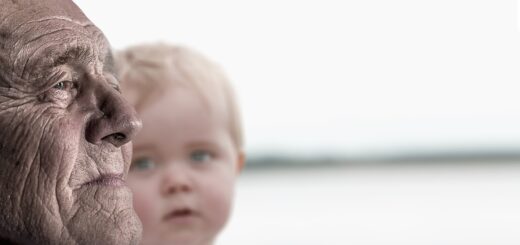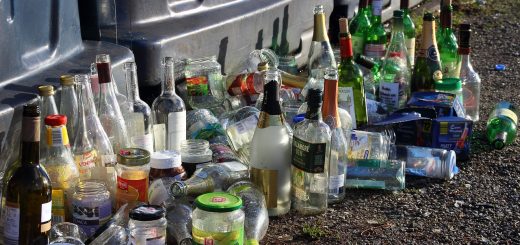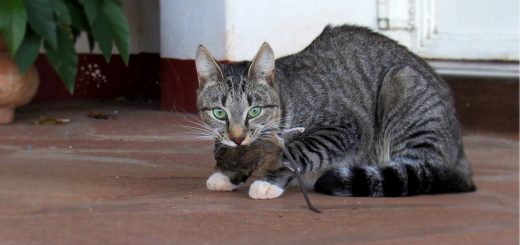Is Lying Ever OK?

I have been considering recently how difficult it is to know what is true. We seem to be surrounded by examples of people in authority not always telling the truth and, in some cases, seeming to be making a career out of misleading us without any real consequences.
I remember, as quite a young child, a teacher presenting us with the scenario in which our families were harbouring neighbours from soldiers, who would kill them if they knew they were there. She asked if it was OK to lie to save their lives.
It seemed obvious to my then 10-year-old self that lying was the right choice. I knew then the difference between lying to someone to avoid punishment (no, it wasn’t me who ate the last biscuit) and lying to save a life. So, I was shocked when the teacher stated that lying was always wrong and that there were no circumstances where deliberately telling an untruth was morally acceptable.
Fast forward to a conversation I overheard just before the Brexit referendum where a group of people were talking about who might be best to lead the country through the process which they were planning to vote for. They, all people slightly older than me, were of the view that only one person was fitted for that job. They then went on to discuss the reasons this individual was best suited to bring about the outcome they wanted. The words that they used were: unscrupulous, not bound by convention and utterly ruthless. The word liar was used but, in their mouths, it sounded like a virtue.
Both of those incidences, from either end of my life, have concerned me deeply.
When, if ever, is it OK to lie?
We could define lying in several ways, but shall we say, very simply, that a lie is something that is intended to mislead.
That would make lying a very common occurrence.
We all know the lies we tell to get out of something, or the lies we tell not to hurt someone’s feelings, but are those little “white lies” really OK?
What about the bigger lie? Is it acceptable to lie to save a life?
If yes, then when do lies stop being acceptable?
I have always thought that lying prevents other people from making an informed choice. If you lie to stop someone finding out about something you have done or not done, you deprive them of a choice. It might be as simple as the free choice to see you as you really are. Maybe lying seems reasonable in the instance of saying you have put the rubbish out when you haven’t, but is it the same when you have pretended to be someone you are not, to gain respect, love, approval etc.
My concern is that whatever becomes acceptable as general practice in our own lives can alter our relationships with each other and the world we live in.
And on a grander scale, what of democracy? If our decisions on which leaders and representatives we vote for are based on falsehoods, can we truly say we have a democracy, and is that a major reason why so many people feel they cannot trust any of our leaders and give up participating in the democratic process altogether?
I would be interested to know what you think. Is it ever acceptable to lie?




















